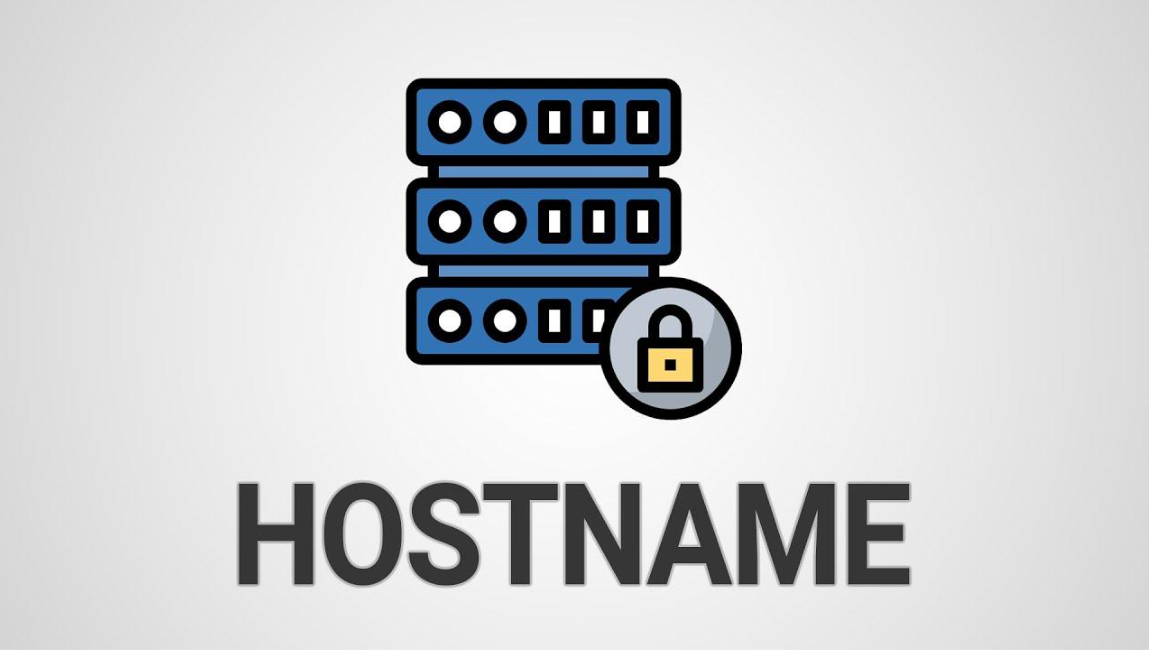What is a host name and why is it needed?
What is a host name?
The Internet is a complex system whose main function is to transmit information. You can compare it, for example, with a postal or courier service. To accurately deliver a letter or parcel, the courier must know the recipient's address. In the Internet environment, its equivalent is a host name, an identifier that points to a specific device or network resource. What are the features of this concept? How does it differ from a domain name?
Definition and functions
A host name is an identifier consisting of letters and numbers that allows you to accurately recognize a specific device within a global or local network. Without a host name, the following actions would be impossible:
- Opening websites. It is the identifier that allows the browser to determine which server the network resource is located on.
- Exchange of emails. The host name allows you to create a quick and accurate route between the sender and the recipient.
- Remote desktop management, interaction with the file system. Without an individual identifier, it will not be possible to establish a connection.
Connection with a domain name
A domain name is a related concept, but not synonymous or identical. Within a local network, a host name is linked to a specific computer or other device, and within a global network, to a website. A domain name is understood to be the name of a network resource, website, or application linked to an IP address.
Choice and security
You need to choose a host name wisely. Despite the apparent simplicity of this task, it is necessary to approach it responsibly, guided by several principles:
- Brevity. The shorter the identifier, the easier it is for the user to remember it.
- Understandability. The host name should indicate the functions of the device, the specifics of the network resource it represents. For example, “fileserver” is the best option for a file server.
- Uniqueness. The identifier should not be repeated within its domain or local network, to avoid confusion.

Unfortunately, the host name can be used not only by law-abiding users, but also by intruders, for whom it is a kind of “key” to the device or the entire network, a tool for carrying out an attack. In order to confuse the hacker, it is recommended to avoid obvious identifiers like “admin”. Also important are general security rules, which include setting complex passwords, changing them periodically, using only fresh, up-to-date versions of software, and updating it in a timely manner.
Answers to popular questions
How soon can I start using the service?
The user account is opened immediately after the application is submitted.
Immediately after making the payment, you can start using the service immediately.